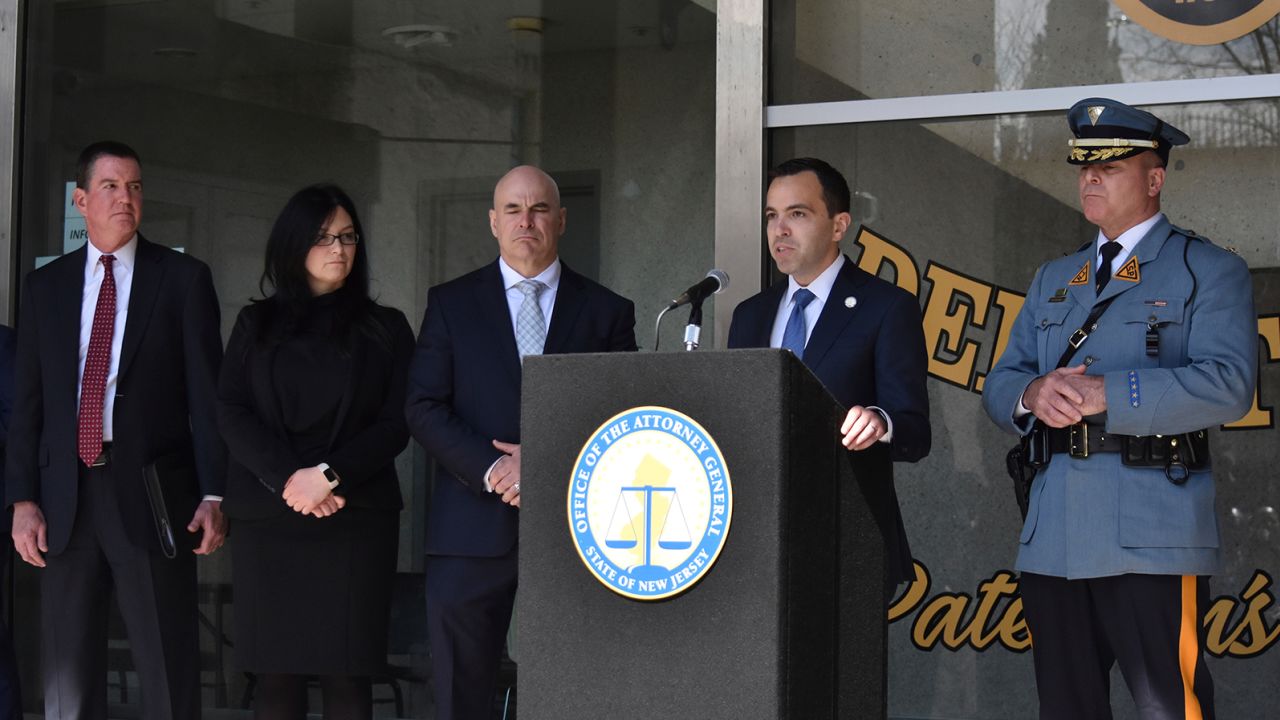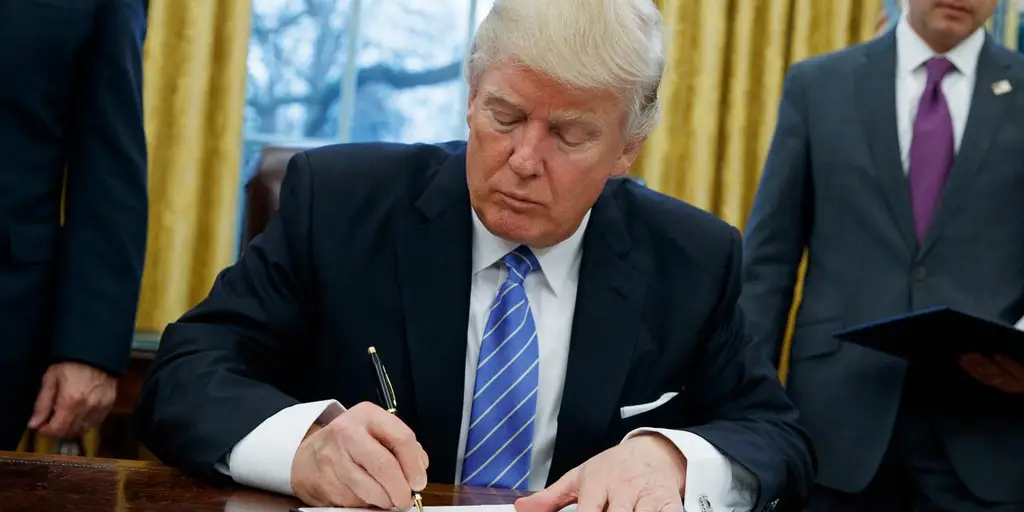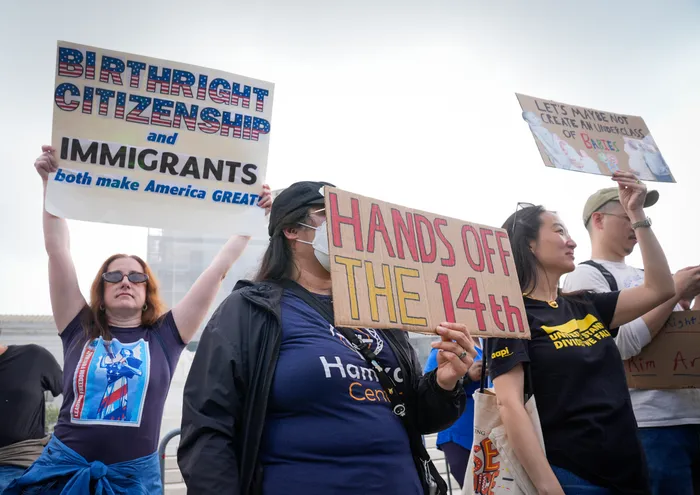The Supreme Court’s recent ruling in Casa v. Trump marks a dark chapter in the ongoing battle over birthright citizenship in the United States. With a 6-3 decision, the Court has not only greenlit President Trump"s controversial executive order aimed at dismantling a century of settled law but has also significantly curtailed the judiciary"s power to issue nationwide injunctions. This decision raises urgent questions about the future of constitutional rights in America.
Supreme Court’s Role in Democracy is Under Threat
The implications of this ruling extend far beyond birthright citizenship. By limiting judges" authority to issue universal injunctions, the Court effectively grants the executive branch unchecked power to enact policies without judicial oversight. This is a dangerous precedent that threatens to erode the foundational principles of our democracy. According to New Jersey Attorney General Matthew Platkin, the ruling sets the stage for “autocratic rule” where any president could bypass established law with impunity.
Executive Orders and the Erosion of the 14th Amendment
Justice Ketanji Brown Jackson’s dissent underscores the gravity of this situation. She warned that allowing the Executive to act unlawfully could lead to an environment where executive lawlessness thrives. The 14th Amendment, which guarantees citizenship to anyone born on U.S. soil, is now at risk. As reported by Washington Examiner, lower courts have consistently found Trump"s executive order unconstitutional, yet the Supreme Court’s latest ruling allows it to go into effect within 30 days unless further challenged.
\n\n
New Jersey Attorney General"s Office takes control of Paterson Police ...
Challenges Ahead for States and Citizens
The decision has left many state attorneys general scrambling. While 22 states actively challenged Trump"s order, 28 states opted out of the fight, potentially placing their constituents in jeopardy. California Attorney General Rob Bonta expressed concern that states not participating in the challenge may soon face backlash from constituents who will wonder why their rights are being undermined. This disconnect between state leaders and the communities they serve raises critical questions about accountability.
Access to Justice is Further Restricted
The Court’s ruling complicates access to justice for those affected by the executive order. By limiting nationwide injunctions to only those plaintiffs involved in specific cases, the ruling effectively bars many individuals from seeking relief. As noted by Erin Barbato, director of the Immigrant Justice Clinic at the University of Wisconsin Law School, class action suits against the government are not only costly but also overwhelming for those already facing legal challenges. This will disproportionately impact marginalized communities, who may lack the resources to navigate a complex legal system.
\n\n
Trump signs three executive orders on Day One | Fox News Video
Potential Consequences for Marginalized Communities
Damon Hewitt from the Lawyer’s Committee for Civil Rights Under Law articulated the broader implications of this ruling, suggesting it will further enable the Administration to quash dissent against its policies. The ruling could exacerbate the challenges faced by marginalized communities already suffering under Trump"s policies. As highlighted by NPR, the Court did not address the constitutional merits of birthright citizenship, indicating a willingness to sidestep critical issues for political expediency.
Constitutional Rights Face Unprecedented Challenges
The Supreme Court"s decision not only threatens birthright citizenship but also sets a troubling precedent for the future of all constitutional rights. If the executive can unilaterally decide which laws to uphold or dismantle, the very fabric of democracy is at risk. As states and civil rights organizations brace for the fallout, the potential for widespread discord and instability looms large.

Birthright Citizenship case draws demonstrators to Supreme Court

![[Video] Federal officers deploy sting balls and flash grenades at Whipple Building](/_next/image?url=%2Fapi%2Fimage%2Fthumbnails%2Fthumbnail-1768340555229-vhfcc-thumbnail.jpg&w=3840&q=75)
![[Video] Crowd-control weapons used in Minneapolis as anti-ICE protesters attack police vehicle](/_next/image?url=%2Fapi%2Fimage%2Fthumbnails%2Fthumbnail-1768336302231-akxf7s-thumbnail.jpg&w=3840&q=75)

![[Video] Protests erupt in Minneapolis after ICE detains teenager, multiple arrests made](/_next/image?url=%2Fapi%2Fimage%2Fthumbnails%2Fthumbnail-1768331835371-z9ylqg-thumbnail.jpg&w=3840&q=75)


![[Video] Gunfire between Iraqi security forces and Sadr militias in Baghdad](/_next/image?url=%2Fapi%2Fimage%2Fthumbnails%2Fthumbnail-1768343508874-4redb-thumbnail.jpg&w=3840&q=75)
